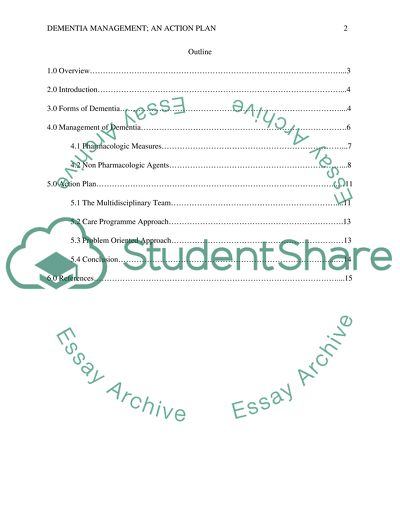Cite this document
(“An Action Plan: Understanding and Implementing Person Centered Essay”, n.d.)
Retrieved from https://studentshare.org/nursing/1397596-an-action-plan-understanding-and-implementing
Retrieved from https://studentshare.org/nursing/1397596-an-action-plan-understanding-and-implementing
(An Action Plan: Understanding and Implementing Person Centered Essay)
https://studentshare.org/nursing/1397596-an-action-plan-understanding-and-implementing.
https://studentshare.org/nursing/1397596-an-action-plan-understanding-and-implementing.
“An Action Plan: Understanding and Implementing Person Centered Essay”, n.d. https://studentshare.org/nursing/1397596-an-action-plan-understanding-and-implementing.


